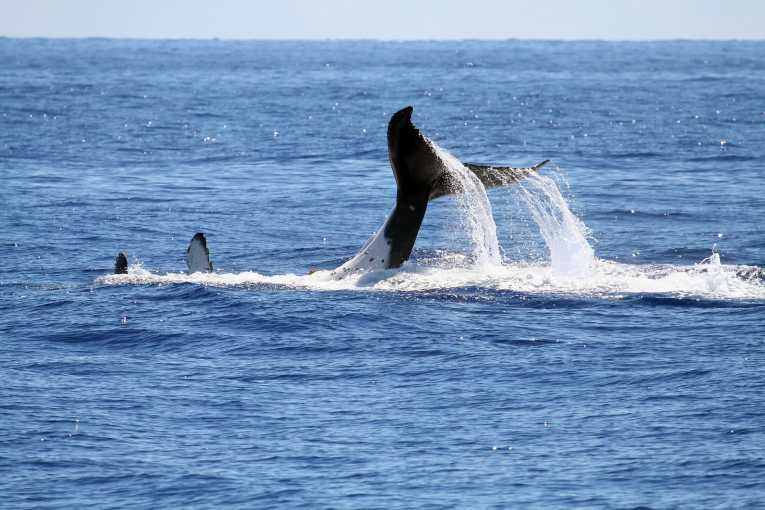In a statement by the Japanese Ministry of Agriculture, Forestry and Fisheries they said their whaling fleet will be returning home shortly as a result of the ongoing harassment that they have been receiving from the anti-whaling activists in the Antarctic Ocean, naming the vessels run by the Sea Shepherd Conservation Society.
The whaling season normally kicks off in November or December and ends late February or early in March. This year’s season saw a late start with the whaling vessels delaying their departure from Japan and now it will see an early finish. Whilst the Japanese are allowed by the International Whaling Commission to hunt for an annual quota of 945 whales for scientific purposes there has been intense global pressure to prevent the whalers from being able to fill their quota. The issue that many opponents have is that the whale meat ends up being sold for public consumption on the streets of Japan.
The Sea Shepherd Conservation Society is pleased that this year's season has been a very successful one for the anti-whaling campaign. They located the Japanese fleet on December 31st before they were able to kill a single whale; they then spent over a month keeping two of the three Japanese harpoon boats from killing any whales, while the factory ship and the third harpoon vessel were kept on the run. Now the latest report that the whalers will be returning to Japan early is welcome news.
The whaling factory ship, the Nisshin Maru, is now located in the territorial waters of Chile and, according to Captain Paul Watson, who heads up the Sea Shepherd Conservation Society, the Chilean government, the media and the community are watching it closely. He says it is illegal for whale meat to be transported through Chilean territorial waters and the Sea Shepherd has been in touch with the Chilean Navy to keep them updated on the position of the Japanese factory ship.
Captain Watson is cautious about seeing the Japanese early withdrawal as a success: ''I think it is premature to see this as a victory for the whales yet. There has been no mention of how long this suspension will be. It could be permanent, for this season only, or it could be for a matter of weeks or even days''. He says that the Sea Shepherd ships will not leave the Southern Ocean until the whalers leave and return to Japan.
Operation No Compromise, the Sea Shepherd's seventh voyage to protect the whales within the Antarctic Ocean, has all the potential to be considered a major triumph because of the many hundreds of whales that will be left alive.










